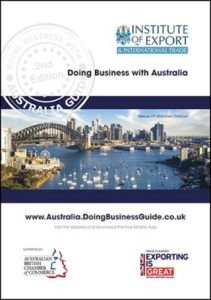Sheltons Group Legal – an Australian law firm based in London
Until recent legislative changes to the Corporations Act 2001 (Cth), a director’s resignation was taken to be effective from the date confirmed in a relevant resolution, or simply when the director provided written notice of their resignation.
The ‘date of effect’ might not be what the individual director OR company understands it to be
Previously, the date included on a notice of resignation automatically meant the end of liability, the end of director duties being owed to the company by that individual, and the end of that individual having authority to represent the company. However, a change in the legislation means that carrying out the correct steps with respect to a resignation are now more important than ever. Not following the necessary steps can cause burdensome complications for both the company and the individual seeking to resign from their director post.
Where notification of a director resignation is not received by ASIC (Australia’s corporate regulator) within 28 days from the date that the resignation is proposed to have effect from, the legal and actual date of effect will be the date on which ASIC is notified and NOT the date specified in a notice of resignation or company resolution.
Significance of the ‘date of effect’
What is the date of effect? The date of effect refers to the date on which an individual is legally ceased from their role as director.
If ASIC is not correctly notified within the prescribed timeframe, the individual who purports to have resigned from the position of director will legally still be a director of the company until such time as ASIC is notified. Any attempt to significantly back date the date of effect recorded with ASIC is terribly complicated and can also require a Court Order, which will only be granted in exceptional circumstances.
The importance of correct director resignations
If a company is of the view that a director has resigned, or the company has removed a director, but ASIC has not been duly informed within the 28 day time period – that individual is legally still a company director until ASIC is notified. At all times when an individual is a company director, they are not only bound to directors’ duties and may in instances be held personally liable, but they have authority to represent the company, enter into contracts/agreements and make other important decisions representing the company. As you might imagine, this can cause concern and confusion for many parties and doesn’t serve your business’ reputation well from a customer’s perspective.
To avoid unnecessary stress and expense in rectifying a failed director resignation or removal, please contact us to assist whenever there is a change in your company’s directorship.
Courtney Gleeson
Lawyer
Sheltons Group Legal (London and Sydney)
C.Gleeson@SheltonsGroup.com

